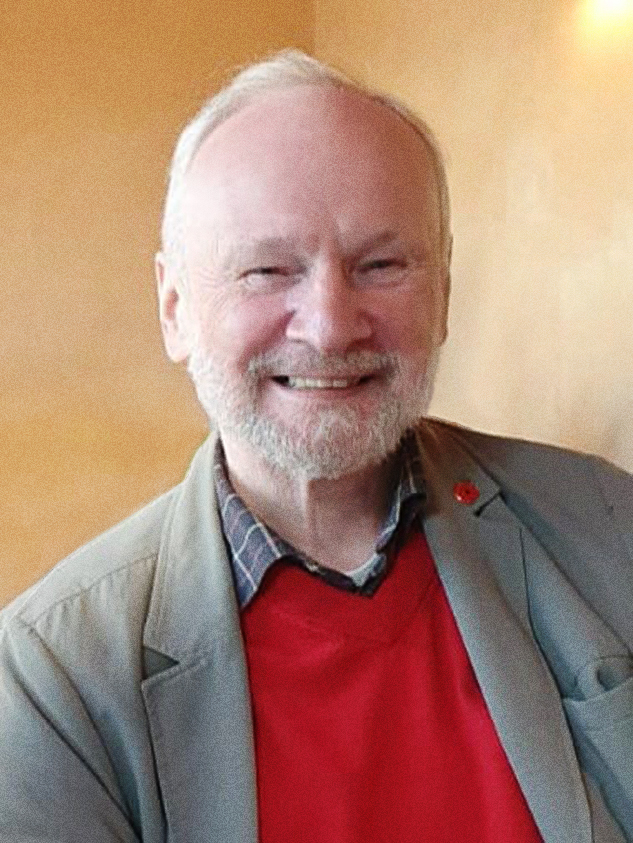In the year 356, St Martin of Tours was subjected to sharp testing.
In 331, aged 15, Martin had been pressed, against his will, into 25 years’ service in the Roman army. During that time, his Christian Life became profound. Now, fast forward 25 years to 356. Martin, now aged 40, had just one more day of the 25 years left to serve before discharge. But on that day, Freedom’s Eve, he dared to disagree with his general, an Emperor-soon-to-be, Julian. The general was issuing gifts of ingots and coins in precious metals. Martin felt that to accept his gift would force him to compromise his sense of Christian integrity. The gifts were for the armed warriors. Martin was a medic, not an armed warrior. Therefore, Martin would not accept his gift. However, out of the heated disagreement which arose, Martin set himself up to go unarmed into the front line of a battle which was to take place the next day, his last in the Army. Christ and his Cross, he said, not shield and helmet, would be his weaponry.
Almost certain to be killed. But on the day, the opposing force stood down. No battle was joined. On his last day, Martin walked free.
A close shave? I should say so.
Now, I have heard it said that western civilisation as we know it was saved and restored, after the fall of Rome in the West, through Christian monks. If you dig down a layer deeper, the spirituality of many of those monks descended from the later life of St Martin of Tours after he left the Roman Army in 356. Because, as I show in my book, the Christian spirituality of Martin went on to penetrate into every component part of what became the United Kingdom. Northern Celtic Christians took it into Northern Ireland, Wales, Scotland, and the North and Midlands of England. Whilst Christian Franks, spiritual descendants of St Martin just as the Northern Celts were, took his Christian spirituality into the South, East and South West of England.
Given that Christian Identity went on to shape much of world history via the peoples of what became the United Kingdom, and via their many latter-day wider-spread Christian descendants, St Martin’s legacy has to have been one of the most enormous lost-from-sight legacies in human history.
So the close shave was not just for St Martin. It was for the world as we know it.
However, sharp testing came first. Think about it: one more day to go after 25 years’ service against your will. Okay, maybe you have no right to the gift. But freedom beckons. And it’s a decent deposit to start your new life with. Compromise. Otherwise, you upset the general, and that could mean … death. But Martin had never been a death fearer. His Christian understanding was, (i) that to live is Christ, to die is gain; (ii), that to die faithful in Christ is to inherit great reward; but, (iii) to lose Christian integrity would mean less reward after death – which must come sooner or later in any case.
It was out of this way of thinking – which was also the Apostle Paul’s – that St Martin of Tours went into sharp testing.
But what a declaration: Christ and his Cross, not shield and helmet, will be my weaponry. It sets me thinking. Jesus Christ told a “Parable of the Mustard Seed”. The tiniest of seeds, the mustard seed would become the largest of plants in the garden. In my book I single out Martin as one of a number of “Mustard Seed” history shapers. The Christ was the original. Martin was a near copy. Few seeds have been more fertile in all of human history. And I ponder this: the Christ had to withstand serious testing of his integrity. He also had to die before his seed could germinate. In a like manner, Martin also had to face testing of integrity, and a likely outcome of death, before his seed could germinate.
Coincidence? Well, the Christ did say that the servant might emulate the master. And that was all that Martin ever wanted for his life.
